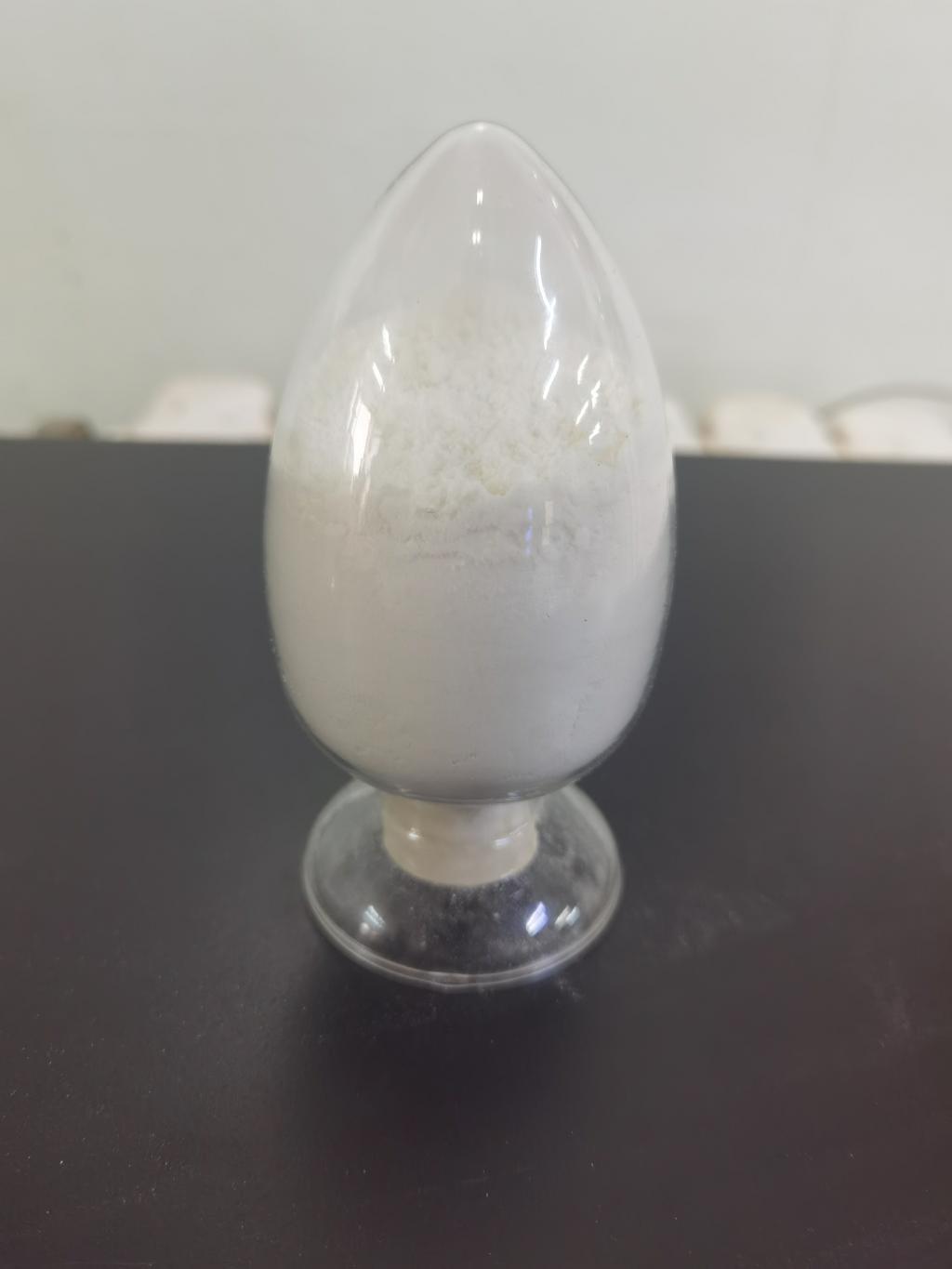Tel:+8618231198596

News
 CONTACT
CONTACT
 CONTACT
CONTACT
- Linkman:Linda Yao
- Tel: +8618231198596
- Email:linda.yao@dcpharma.cn
- Linkman:CHARLES.WANG
- Department:Overseas
- Tel: 0086 0311-85537378 0086 0311-85539701
News
Current Position:
Home >
News
>The use of ε-Polylysine hydrochloride helps extend the shelf life of food products.
The use of ε-Polylysine hydrochloride helps extend the shelf life of food products.
TIME:2024-04-08
Understanding ε-Polylysine Hydrochloride:
ε-Polylysine hydrochloride is a polymer consisting of multiple lysine amino acids linked together. It is produced through a fermentation process involving certain bacteria, resulting in a compound with potent antimicrobial properties. ε-Polylysine hydrochloride acts by disrupting microbial cell membranes, thereby inhibiting bacterial growth and proliferation.
Applications in Food Preservation:
One of the primary applications of ε-Polylysine hydrochloride is in food preservation. By inhibiting bacterial growth, it helps extend the shelf life of various food products, ranging from dairy and meat products to baked goods and beverages. In dairy products such as cheese and yogurt, ε-Polylysine hydrochloride prevents the growth of spoilage bacteria, thereby prolonging freshness and maintaining product quality.
Similarly, in meat and poultry products, ε-Polylysine hydrochloride inhibits the growth of pathogens such as Salmonella and Escherichia coli, reducing the risk of foodborne illness and ensuring consumer safety. Its effectiveness in controlling bacterial growth makes it a valuable tool for food manufacturers seeking to enhance the shelf life of their products without compromising safety or quality.
Mechanism of Action:
The mechanism of action of ε-Polylysine hydrochloride involves disrupting microbial cell membranes. Upon contact with bacteria, ε-Polylysine hydrochloride penetrates the cell membrane, causing leakage of intracellular contents and ultimately leading to cell death. This mode of action is effective against a wide range of bacteria, including Gram-positive and Gram-negative species, making it a versatile antimicrobial agent for food preservation.
Benefits of ε-Polylysine Hydrochloride:
The use of ε-Polylysine hydrochloride offers several benefits for food preservation:
Extended Shelf Life: By inhibiting bacterial growth, ε-Polylysine hydrochloride helps prolong the shelf life of food products, reducing the likelihood of spoilage and extending their usability.
Improved Food Safety: By controlling bacterial proliferation, ε-Polylysine hydrochloride enhances food safety by reducing the risk of foodborne illnesses associated with microbial contamination.
Clean-Label Ingredient: ε-Polylysine hydrochloride is derived from natural sources and is considered a clean-label ingredient, aligning with consumer preferences for natural and minimally processed foods.
Versatility: ε-Polylysine hydrochloride is compatible with various food matrices and processing conditions, making it suitable for a wide range of food products and applications.
Future Prospects:
As consumer demand for clean-label and natural food preservatives continues to grow, the market for ε-Polylysine hydrochloride is expected to expand. Future research may focus on optimizing production processes, enhancing efficacy against specific pathogens, and exploring novel applications in food preservation.
Challenges:
Despite its many benefits, the widespread adoption of ε-Polylysine hydrochloride faces challenges such as regulatory approval, cost-effectiveness, and consumer acceptance. Addressing these challenges will require collaboration among researchers, food manufacturers, regulatory agencies, and consumers to ensure the safe and sustainable use of this natural food preservative.
Conclusion:
ε-Polylysine hydrochloride offers a promising solution for extending the shelf life of food products by inhibiting bacterial growth. With its natural origin, potent antimicrobial properties, and compatibility with various food matrices, it has the potential to revolutionize the field of food preservation. As research and innovation continue to advance, ε-Polylysine hydrochloride will play an increasingly important role in ensuring the safety, quality, and longevity of food products for consumers worldwide.
- Tel:+8618231198596
- Whatsapp:18231198596
- Chat With Skype







